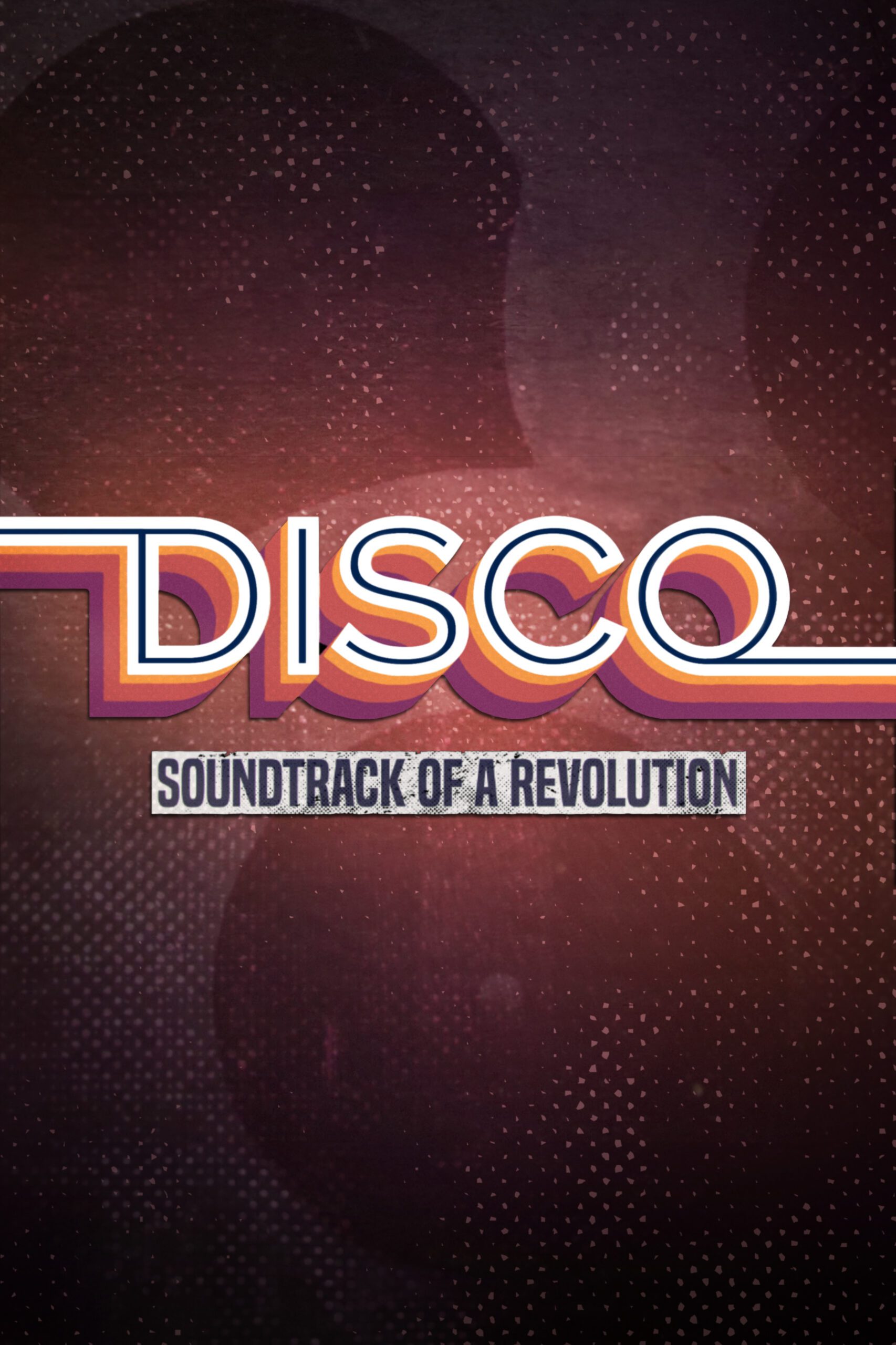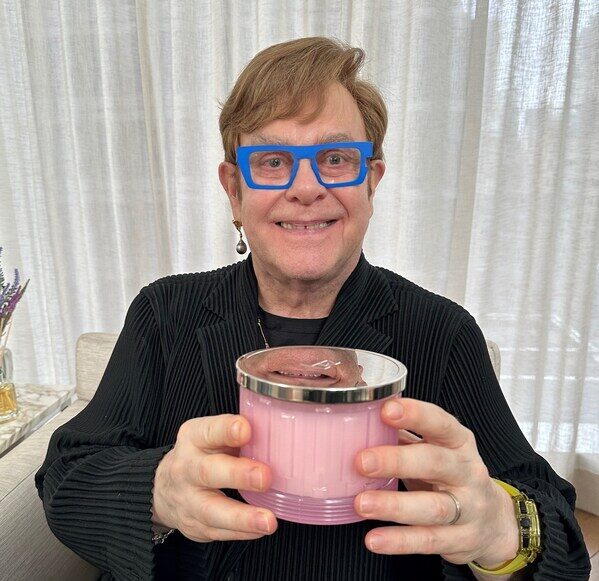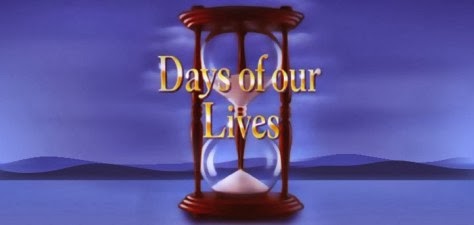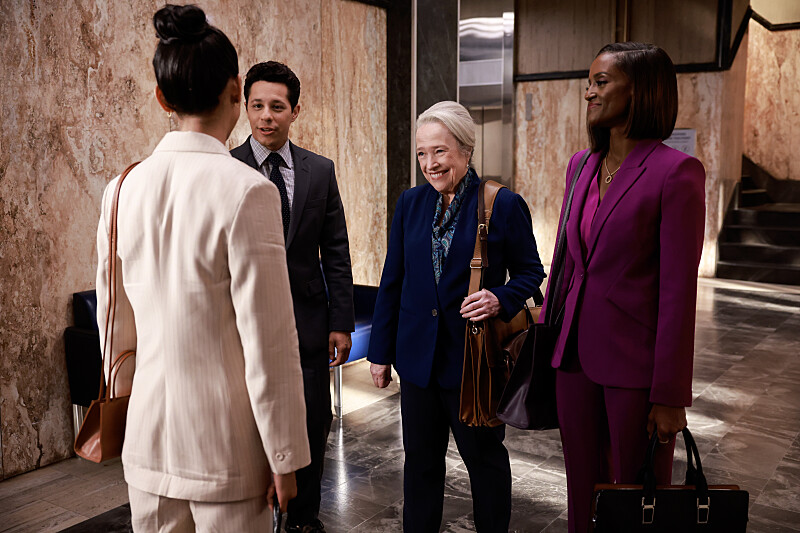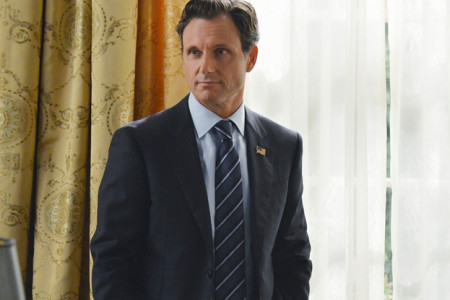PBS Announces docu-series ‘Disco: A Soundtrack of a Revolution’
PBS has announced the premiere dates for their summer shows including a new docu-series, “Disco: A Soundtrack of a Revolution.” The three-part series tells the story of the music of the time that changed the sound and structure of the music industry before its polarizing downfall that closed out the 1970s.
The series features info, retrospectives, interviews and more from such notable names as The Village People’s Victor Willis, Labelle’s Nona Hendryx, The Trammps’ Earl Young, The Father of House Music, Marshall Jefferson, Scissor Sisters’ Ana Matronic and Jake Shears, Sylvester’s Jeanie Tracy, MNEK, Kim Petras, Jocelyn Brown, Jessie Ware, George McCrae, Dexter Wansel, Candi Staton, Anita Ward, David Morales, Honey Dijon, DJ Hollywood, Jamie Principle, Robert Williams, Ron Trent, and More.
A brief overview of the three-part docuseries is listed below.
Episode 1: “Rock the Boat”
Premieres: Tuesday, June 18 at 9 p.m. ET
The opening episode of the series looks at the roots of disco – how it emerged from a basic desire for inclusion, visibility, and freedom among persecuted Black, gay, and minority ethnic communities of New York City. It tells the remarkable story of how a global phenomenon began in the loft apartments and basement bars of New York City, where a new generation of DJs and musicians, like David Mancuso, Nicky Siano, Francis Grasso, and Earl Young (The Trammps), pioneered a distinct sound and a new way of spinning records.
Episode 2: “Ain’t No Stoppin’ Us Now”
Premieres: Tuesday, June 25 at 9 p.m. ET
Set against the backdrop of Black power and sexual liberation, the second episode takes viewers to the high watermark of disco in the mid ’70s. As disco conquers the mainstream, it turns Black women and gay men into superstars and icons. It is a world where the drag queen Sylvester was king, and Black women found a powerful new voice – one that fused Black Power with a call for sexual freedom. It was the birth of the “disco diva” from Gloria Gaynor and Candi Staton to Donna Summer and Thelma Houston. However, mainstream success by The Bee Gees’ soundtrack album “Saturday Night Fever,” The Rolling Stones’ “Miss You,” Rod Stewart’s “Da Ya Think I’m Sexy,” and Studio 54 took disco further and further from its roots of inclusivity and freedom, as straight, white men started to embrace and repackage the sound.
Episode 3: “Stayin’ Alive”
Premieres: Tuesday, July 2 at 9 p.m. ET
The final episode documents the wellspring of resentment from white, straight, male-dominated, rock-loving middle Americans, as they targeted disco for its hedonism, femininity, and queerness. A vocal “Disco Sucks” movement began to gain momentum, culminating in the “Disco Demolition Derby” at Comiskey Park Stadium in Chicago, where organizers destroyed thousands of disco records in front of a baying audience of baseball fans. In addition, the hedonism and sexual liberation embodied by disco found itself stopped in its tracks by the AIDS crisis. Pushed out of the mainstream, the pioneers of disco retreated and regrouped. Cult disco DJ Frankie Knuckles left New York for Chicago, where he remixed disco breaks with R&B to produce a new genre of dance music – house. He and other disco pioneers kept disco alive as it evolved into world electronic dance music.

